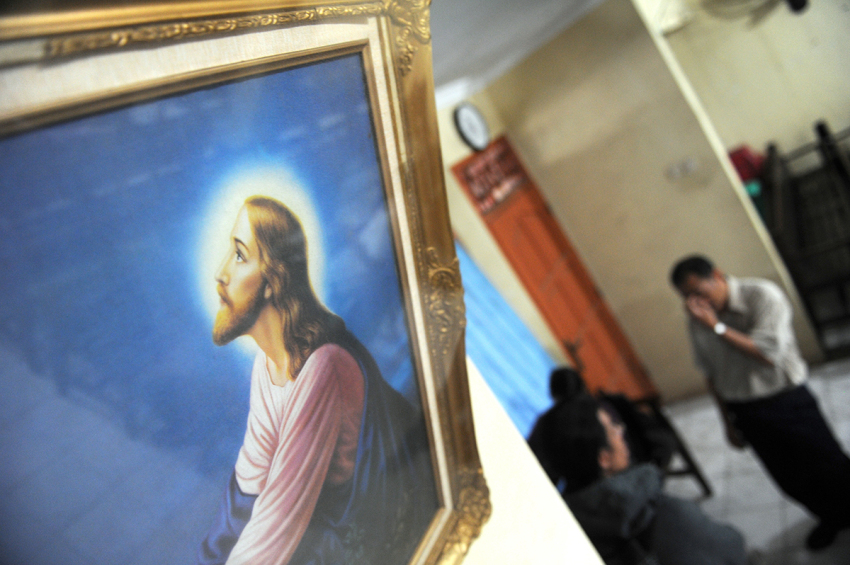Indonesia ends decades-old policy of referring to Jesus Christ by Islamic name

Indonesia has officially changed a decades-old state policy of referring to Christian holidays by their Islamic names, such as Isa Messiah for Jesus Christ. President Joko Widodo signed a Presidential Decree to mark this shift to accommodate the Christian population in the country, which has the world’s largest Muslim population.
Deputy Minister of Religion, Saiful Rahmat Dasuki, stated that the change came after Christian and Catholic communities requested that the names of certain national holidays be updated, local media outlet VOI reported.
The decree impacts the names of four national holidays, aligning them with Christian beliefs to harmonize holiday arrangements and adjust to community dynamics and legal considerations. The holidays affected include the birth (Christmas), death (Good Friday), Resurrection (Easter) and ascension (Ascension Day) of Jesus Christ.
The majority of the people in Indonesia are seen as progressive and moderate. The constitution of Indonesia is based on the principle of Pancasila — five principles upholding the nation’s belief in the one and only God and social justice, humanity, unity and democracy for all — which grants religious freedom.
However, there are many extremist groups in Indonesia that oppose Pancasila.
Churches often face opposition from groups that attempt to obstruct the construction of non-Muslim houses of worship. Human Rights Watch previously said that more than 1,000 churches in the archipelago had been closed due to pressure from such groups.
Indonesia is ranked No. 42 on Open Doors USA’s 2024 World Watch List of countries where Christians face the most extreme levels of persecution.
“The situation for Christians has been deteriorating in recent years, with Indonesian society increasingly influenced by conservative interpretations of Islam. Polls regularly show that especially young people hold conservative views, and by-laws on Islamic dress are becoming more common,” says Open Doors USA. “Many converts from Islam experience pressure from their families. However, the intensity of the pressure depends on the individual family and place. Most pressure for Christian converts takes the form of isolation, verbal abuse and ostracization. Only a small percentage of converts face physical violence for their Christian faith and they may be forced to relocate to another part of Indonesia.”
Religious leaders and scholars have praised the decision of renaming Isa Messiah to Jesus Christ, viewing it as a step toward reducing misunderstandings and friction among different faith communities.
The Southeast Asian country has 20.4 million Protestants and 8.42 million Catholics, who together comprise 10.58% of the population of 272.23 million, according to 2021 data from the Directorate General of the Department of Population and Civil Registration (Dukcapil) of the Ministry of Home Affairs.
Among Indonesia’s population, 236.53 million (86.88%) identify as Muslim.



























